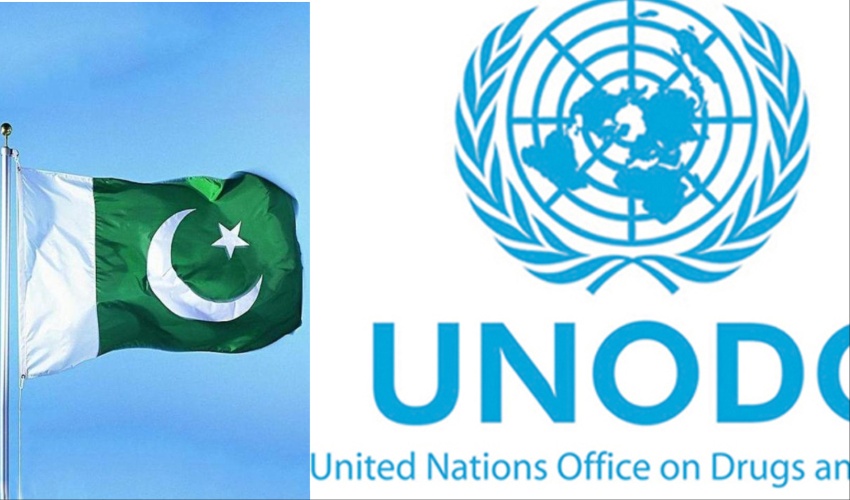Pakistan has been elected as a member of the United Nations Commission on Narcotic Drugs (CND) for a four-year term, beginning in 2026 and concluding in 2029.
The election took place during a voting session held at the United Nations Economic and Social Council (ECOSOC) in New York.
In a statement issued by Pakistan’s Permanent Mission to the UN, the country expressed its sincere gratitude for the support received from ECOSOC member states.
The mission also emphasized that this election is a testament to the international community’s confidence and trust in Pakistan’s unwavering commitment to global drug control efforts.
The statement further highlighted Pakistan's readiness to play a pivotal role in advancing the international agenda for combating drug-related challenges. It underscored Pakistan’s long-standing position at the forefront of global initiatives to curb drug trafficking, production, and use. The country has consistently participated in and contributed to UN policy dialogues on narcotics control, maintaining a proactive and collaborative stance.
“Pakistan looks forward to working closely with the other members of ECOSOC and the broader UN membership to strengthen the CND’s role as the primary global drug policy-making body,” the statement read.
“Our efforts will be geared towards ensuring that international drug control initiatives remain comprehensive, effective, and in line with the obligations of the three UN drug control conventions.”
Pakistan’s election to the CND reaffirms its commitment to addressing the global drug menace and enhancing international cooperation on narcotics-related issues.
What is the UN Commission on Narcotic Drugs (CND)?
The UN Commission on Narcotic Drugs (CND) is a functional commission of the United Nations Economic and Social Council (ECOSOC) that plays a central role in shaping international drug control policy.
It is responsible for overseeing the implementation of the UN’s drug control treaties, promoting international cooperation, and providing a platform for governments to discuss and coordinate efforts to address the global drug problem.
The CND works in alignment with the three main UN drug control conventions: the 1961 Single Convention on Narcotic Drugs, the 1971 Convention on Psychotropic Substances, and the 1988 Convention Against Illicit Traffic in Narcotic Drugs and Psychotropic Substances.



























